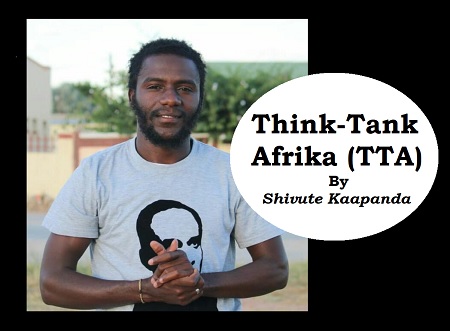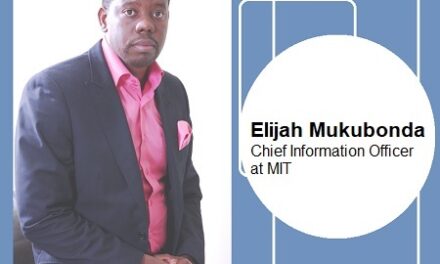The tyranny of Christianity theism
By Shivute Kaapanda [Think Tank Africa]
WITH a conceptual understanding and the narrative based on the field of comparative religion, Christianity came to be understood as an Abrahamic monotheistic religion based on the accepted life and the teachings of Jesus Christ as understood and presented in the New Testament.
Theism is the universal belief that there is an existence of at least one deity or deities (a god or gods), a belief from which monotheism a sub-theist belief branched off as a segment that is comprised of oppressive religious doctrines such as Christianity.
The Christianity doctrine is in a state of societal contradictions for its evil claims, self-evident practices and the bogus fear in regulating societies. Consider the case of a Christian dogmatic claim, which says God is omnipotent, omnipresent and omniscient.
The Holy Bible has no plausible evidence in the above claim on an existence of a Christian God. What an oppressive and dangerous claim by Christianity teachings? These claims do not only put the minds of the Christianity subscribers at the risk of narrow-mindedness in terms of thinking but also teaches them that they are confined into a limited thinking setup which is subjected to an Omni-being who and or that thinks above all and nobody or nothing else can supersede the thinking of such a particular god.
The very same doctrine that creates an unimaginable amount of fear in the minds of Christians, the end result is the generation of people who cannot think freely because their thinking environment is subjected to Omnipotent, Omnipresent and Omniscient being – The Christian god.
In our right conscious mind it’s epistemologically unsound of a society to characterize or relate the concept of god to a human character of sense such as “thought” and “speech”. Philosophical skepticism has taught us to have justifiable knowledge and that true knowledge is based on good reasons.
In our right conscious minds there comes a time for every organization and or every individual when we have to submit to the dictates of our conscience.
The question on the moral, epistemic and ideological standing that constitute Christianity theism and its role in regulating societies is therefore valid. Philosophically, there is an epistemic uncertainty in the context of Christianity teachings because there is no empirical evidence of almost all the unstable claims of Christianity.
Does Christianity establish truth-hood? Does praying constitute meaningful objectivity or relativity in healing a particular being in connection to a god? If god is omnipresent and is associated with humanity, where is god? How is god doing?
In the world of testable theories and phenomena a fundamental question remains: is Christianity a reality? Given African history of missionaries and apartheid rule it can be deduced that Christianity is a tool for religious oppression.
The tyranny possessed by this religion is in its dogmatic composition and the claims that do not have empirical evidence of god.
There is no empirical evidence that praying does anything, except perhaps it gives a therapeutic spiritual massage to Christians; a prayer is a state of cognitive dissonance wherein nature clash with pseudo-morality because Christians and their prayers oppose sex before marriage, a biological contradiction to humankind.
Christianity theism remains a claim and not realities because it’s characterized by uncertainty of truth. Perhaps these are legalized claims which call for academic scrutiny and further research.
It is therefore right to conclude that religious claims of Christianity have dismally failed to provide substantial evidence and indeed when one looks at these claims at grassroots, there are no grounds of justification that can warrant truth.
— Shivute Kaapanda is a critical pan-Africanist writer from Eyanda village. He is also an atheist. The above passage is lifted from his book “The Conscious Republic” published in 2020. He can be reached at: iskaapanda@gmail.com








